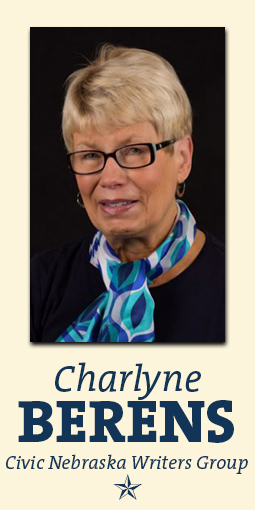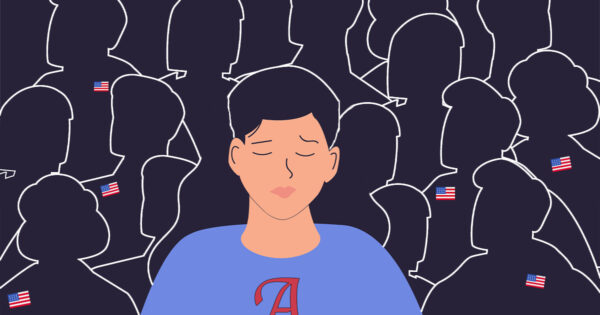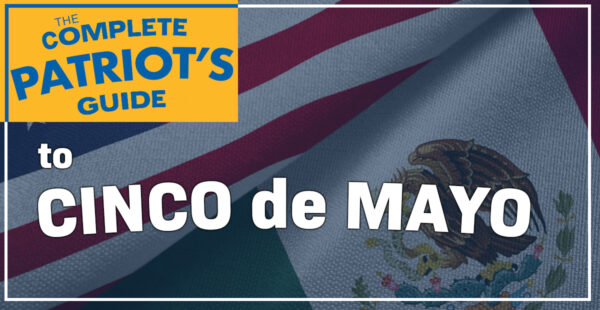Let’s just agree that this democracy we live in is an experiment. The men who framed our nation laid out the basic principles, and we’ve been struggling ever since to invent and reinvent the American community based on those principles.
We may right now be at a breakthrough moment, a time when the experiment can affirm – even demonstrate – one of our fundamental principles: that all people are created equal.
Already when Jefferson wrote those words into the Declaration of Independence, they weren’t true in our newly forming nation. Nor did Mr. Jefferson and his compatriots want them to be, except in the idealistic sense and as they applied to themselves and others of white European ancestry.
 Even as they wrote and approved those stirring words, they had reservations. White men may have been “created” equal, but they sure didn’t all develop into wise, thoughtful adults like themselves. Thus, they needed to be kept at arm’s length from some decisions – like the election of U.S. Senators and the president, which should be handled by the wise, educated, successful men, not the unwashed masses.
Even as they wrote and approved those stirring words, they had reservations. White men may have been “created” equal, but they sure didn’t all develop into wise, thoughtful adults like themselves. Thus, they needed to be kept at arm’s length from some decisions – like the election of U.S. Senators and the president, which should be handled by the wise, educated, successful men, not the unwashed masses.
Far worse, those who wrote our founding documents perpetuated the new nation’s original sin: the willful belief that those whose skin was not white were biologically and philosophically inferior. That shoving the continent’s indigenous people off their land and enslaving imported black people to help make the nation rich was justified because “those people” were not “people” the way they themselves were.
And, yes, we can explain what happened at the Constitutional Convention as the product of compromise – the Framers needed to form a nation, and they decided to hold their noses and vote for some bad ideas in the process. But we sure can’t excuse it. Slavery can never be excused.
Even as the United States abolished slavery after a bloody civil war, that did not abolish the underlying idea that all people are not really equal. The systematic inequalities were too fundamental to our nation’s economic well-being and to the white folks’ comfort to be abolished. Too often, they still are.
We’ve made incremental progress since the Civil War’s aftermath. Some laws have changed. Some expectations have changed. In many cases, we’ve shifted from active to passive racism.
We managed to feel momentary outrage at the deaths of unarmed black men at the hands of police or vigilantes. We worried for a few minutes when we heard news stories about how economic roadblocks disproportionately affect people of color. We shook our heads in sorrow when we realized how the coronavirus has hurt communities of color more harshly than others.
But we often turned back to our comfortable world of white privilege and went on with life as we knew it.
Then the convergence of the angst caused by the pandemic and the horror of a video showing George Floyd dying with a white policeman’s knee on his neck sent our discomfort level through the roof. How can we live with this? How can we allow our American experiment, after nearly 250 years of work, to continue to act on the idea that we do not value all lives equally?
We cannot. We must not. And this may be the breakthrough moment that moves our national experiment to a new level.
The spirit of the times seems to be shifting. More hearts are aching, but more eyes are opened. More people are seeing that they are part of the problem – but could be part of the solution.
Now is the time to take the experiment to the next stage, to apply our personal convictions to make changes to our system of laws and norms and values. To put the same kind of urgency into developing a treatment for inequality that we’re putting into developing a treatment for COVID-19.
Help your friends understand it’s time to act on the stirrings of their hearts. Let your elected officials at all levels know you expect systemic change.
It’s time for a breakthrough!
![]()
Charlyne Berens, a retired newspaper editor, professor, and associate dean of the University of Nebraska College of Journalism and Mass Communications, is passionate about the First Amendment and freedom of expression. For more Civic Nebraska Writers Group columns, click here.




